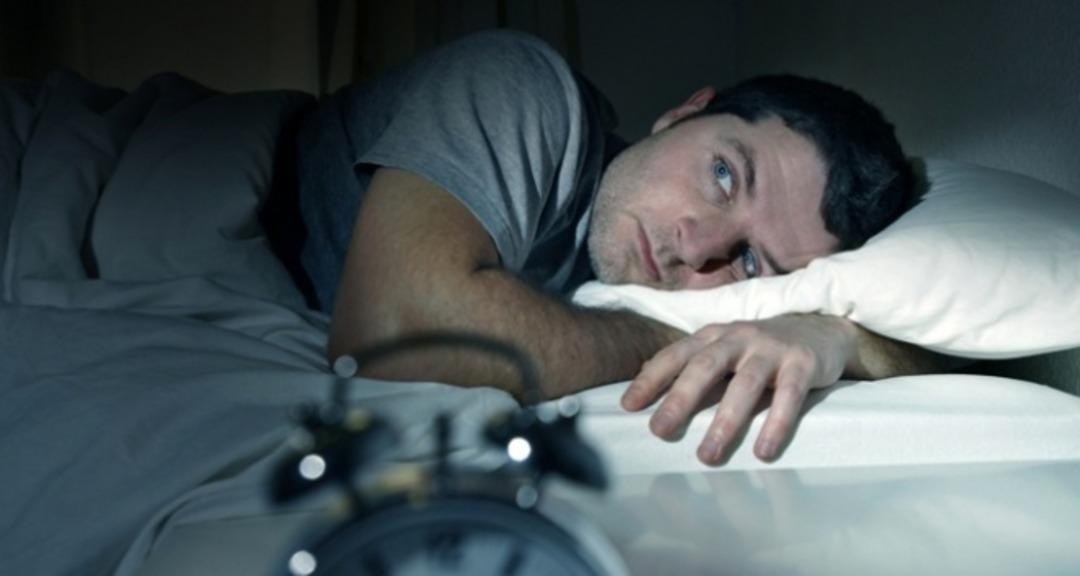Attention those who do not get enough sleep at night! 'Night owls' are in danger! Experts warned: "They may experience the risk of cognitive decline"

The BIRD-NL project, led by dementia researcher Ana Wenzler from the University of Groningen in the Netherlands, has revealed that "night owls" who go to bed late and wake up late experience a faster decline in brain function.

Research examining the sleep habits of thousands of people has shown that night owls have difficulty adjusting to a work schedule that requires them to wake up early in the morning and face serious health risks as well as social stigma.
Only 5% of participants were classified as night owls, 52% as morning people, and 44% as intermediate types; these rates were a striking difference compared to the world average.

Wenzler and his team tested participants’ cognitive performance over a 10-year period. The results showed that night owls experienced faster declines, particularly in “executive functions” such as planning and decision-making. However, Wenzler noted that a healthy lifestyle could reduce these negative effects by 25%. Poor sleep quality and smoking were among the major causes of the observed effect.
RISK IS HIGHER IN EDUCATED INDIVIDUALSOne of the striking findings of the study was that night owls with a higher level of education suffered more from these effects. Wenzler emphasized that these individuals do not get enough rest due to their work schedule that requires waking up early in the morning, and this negatively affects their brain health.

Previous studies have shown that night owls face risks of:
- 30% higher risk of diabetes
- Two-fold increase in depression and psychological distress
- Increased risk of heart disease
- 10% increased risk of death from all causes

Prof. Matt Walker from the University of California argues that individuals should sleep according to their biological clock: “Night owls cannot be biologically forced to become morning people.” Wenzler, on the other hand, states that with intensive interventions, a change of a few hours can be achieved in sleep patterns, but this is not sustainable.
mynet




